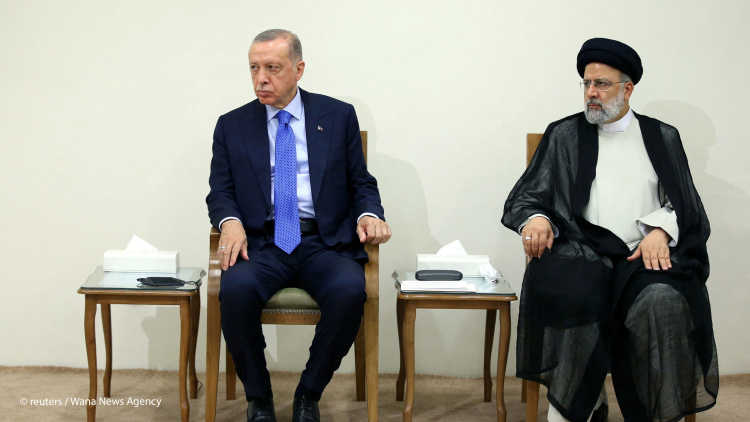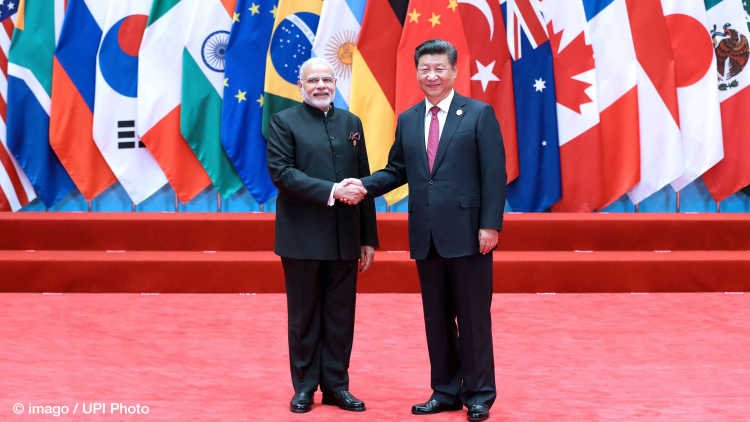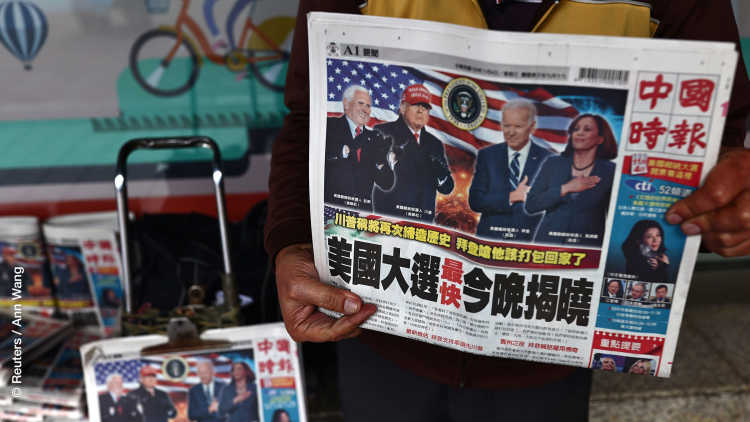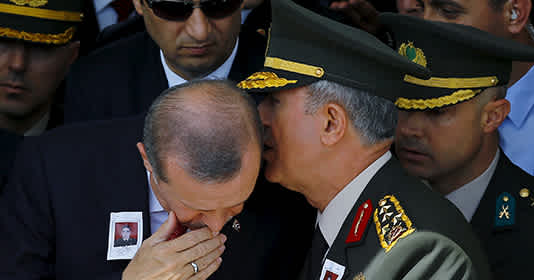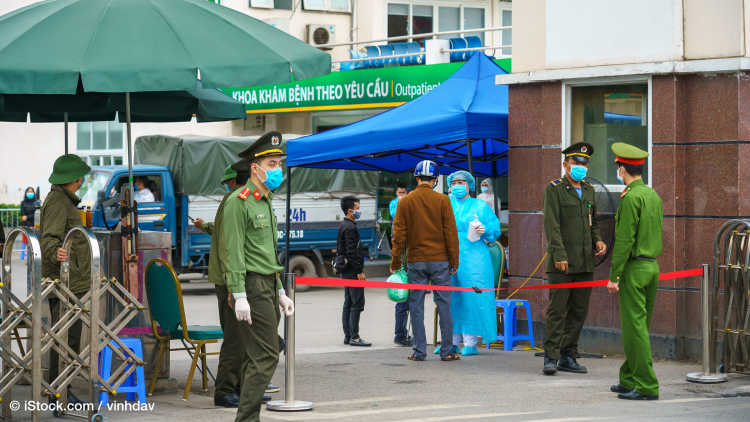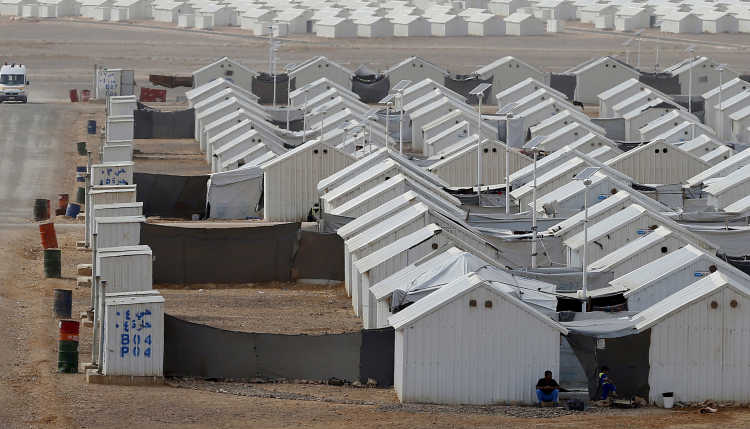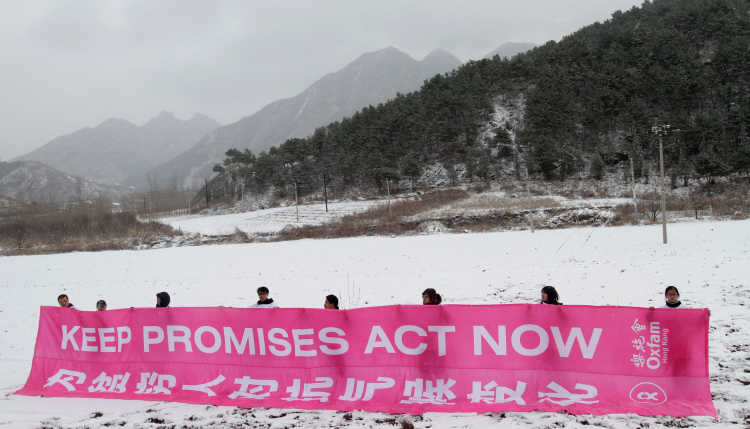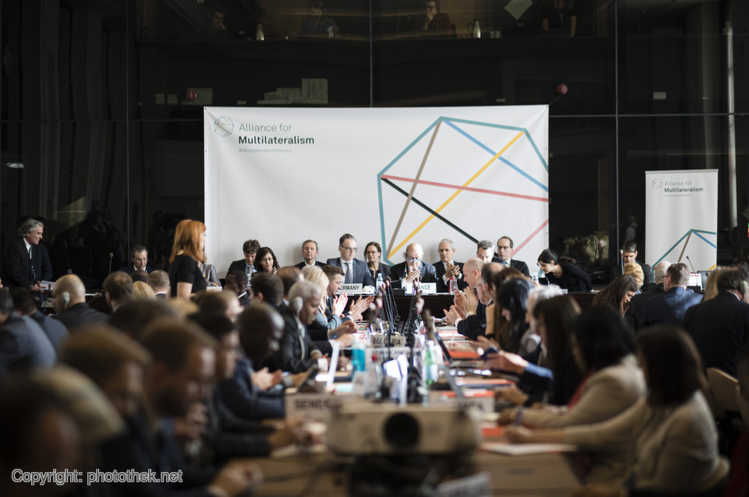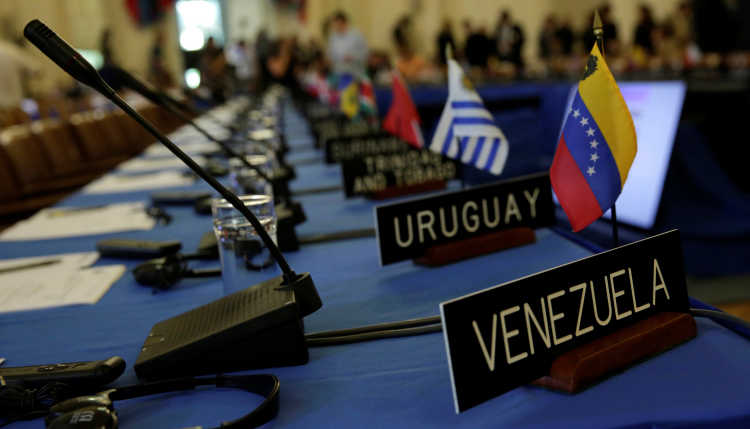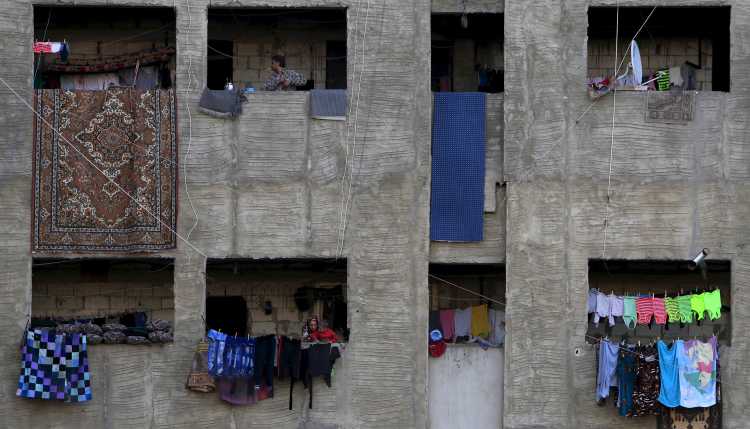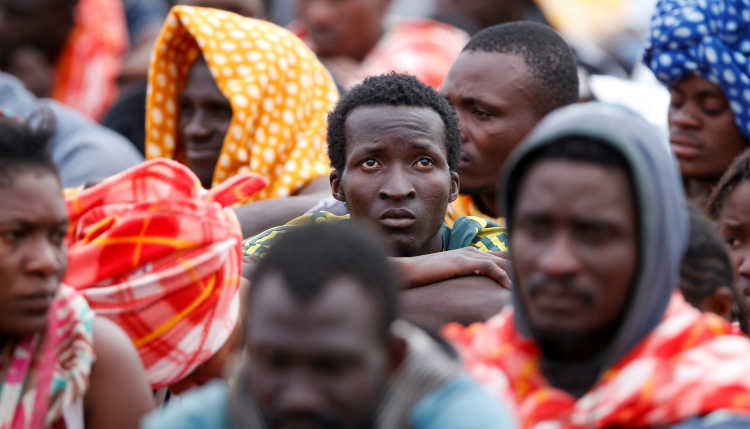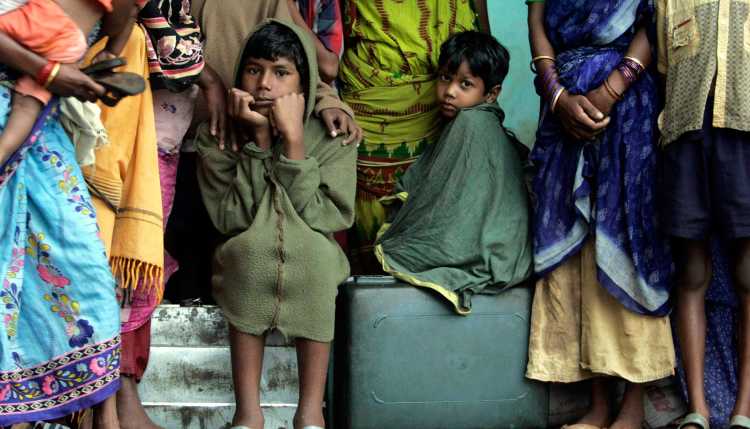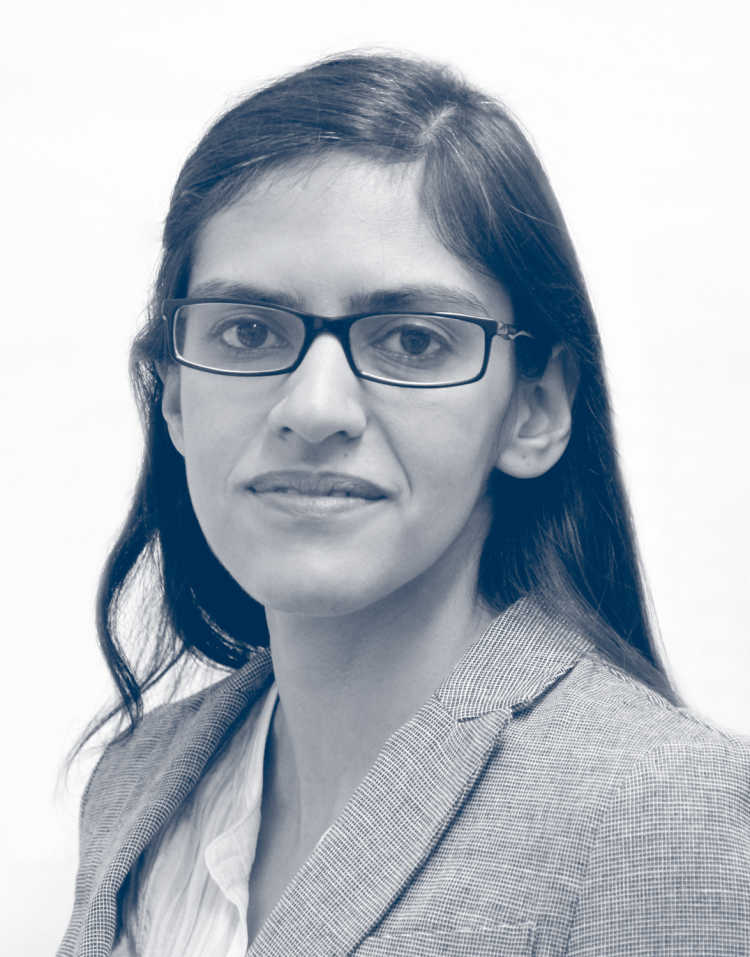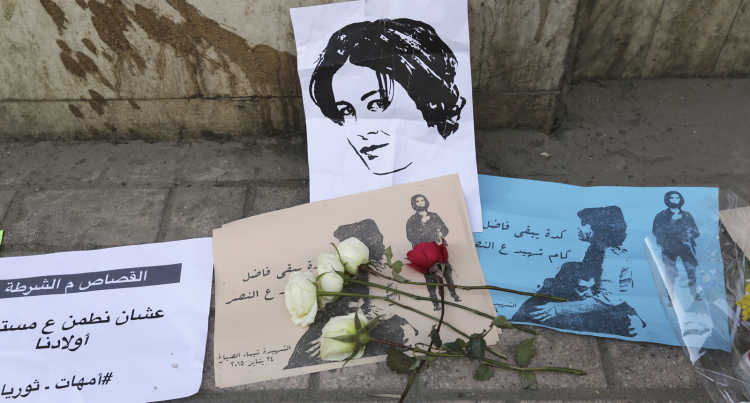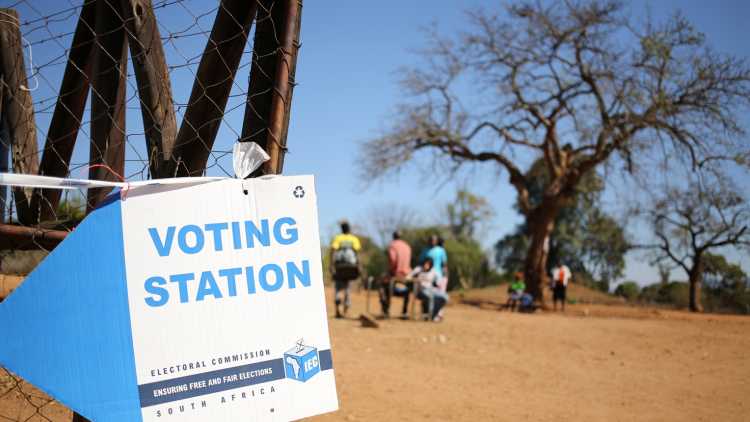German Foreign Policy towards the Global South in the Aftermath of the Federal Elections
German foreign policy is undergoing dramatic changes in the face of the country’s relationship to the US, the war on Ukraine, and the redefinition of Europe’s role. The Global South is gaining in importance on the global political stage, a fact that Germany must not ignore. This topical collection of GIGA Focus series focuses on perspectives of German foreign policy vis-à-vis the Global South following the most recent federal election. Multipolarity, authoritarianism, and growing transactionalism are contributing to a new array of challenges, ranging from the reaction of Latin American countries to the Trump administration to the new direction of German development cooperation, competition between China and India, and the risk of nuclear proliferation in the Middle East.
The War in Ukraine and the Global South
Russia’s full-scale invasion of Ukraine has met with strong international condemnation. But the outrage over the invasion, the sanctioning of Russia, and offering material and moral support to Ukraine are not universal trends. In particular, countries with close economic and military ties to Russia, such as China, India, and South Africa, abstained on the United Nations resolution; Brazil and Saudi Arabia declared themselves “neutral” meanwhile. Many countries also fear that international supply chains will once again be disrupted by the war and sanctions, and therewith the consequences for global food and energy security. This branch of the GIGA Focus Series analyses the effects of and reactions to the war, as well as how it is perceived, in the societies of the Global South.
The Multiple Challenges of Climate Change
The consequences of climate change can be observed and analysed at different levels and regarding a variety of topics. This branch of the GIGA Focus Series addresses global cooperation and conflict regarding climate change, the role of Brazil and the Amazon, the challenges of COP 27 in Egypt, the relationship between climate change and migration, as well as related geopolitical shifts.
The Biden Presidency: Challenges and Opportunities for International Cooperation
The inauguration of President Joe Biden on 20 January 2021 was the source of much hope around the world that the United States government would now return to international cooperation rather than continue putting “America First.” On his very first day in office, the new president already rejoined both the Paris Agreement and the World Health Organization. Examined in this branch of the GIGA Focus Series are the key consequences of a change of administration in the US for multilateralism and the specific challenges faced in and by the Global South.
Military and Militarisation
The military and militarisation are making their way back into politics. The alliances being formed with civilian elites are different to before. In some cases, military officers past or present are assuming office in high government as well as threatening or suppressing political opponents and civil society. In times of social, political, and/or economic crisis, the military serves primarily to uphold the power of ruling elites. In other contexts, national elites are driving the militarisation of foreign policy. This branch of the GIGA Focus Series analyses the role of the military and processes of militarisation in different regions of the world.
Shrinking Civic Spaces around the World
Civil society has been facing increasing pressure across the globe in recent years. Space for citizens and NGOs to assemble and campaign for their rights and interests has been shrinking globally, not only affecting actors in authoritarian regimes but also facilitating the emergence of authoritarian practices in formally democratic contexts. Against this backdrop, the decisive question is “What is shaping and maintaining the global increase in civil society restrictions?” In this branch of the GIGA Focus Series, a range of authors employing different perspectives explore the dynamics of shrinking civic space and shed light on this worrying trend. At the GIGA, research on this phenomenon and related topics is carried out within Research Programme 1 “Accountability and Participation” and within the International Diffusion and Cooperation of Authoritarian Regimes – IDCAR network.
Germany and the Multilateral Order
From January 2019 until December 2020, Germany was a non-permanent member of the UN Security Council. This raises the question, on the one hand, of what challenges German foreign policy faced until the end of its membership thereof. On the other, it can be asked what opportunities multilateral actors have – if any – to influence conflicts around the world. Against this backdrop, this branch of the GIGA Focus Series analyses these questions in light of various conflict situations across different world regions.
The G20 amidst Globalisation
The G20 countries represent approximately two-thirds of the world’s population, over 80 per cent of all economic activity, and three-quarters of global trade. Against the backdrop of Germany’s G20 presidency in 2017, this branch of the GIGA Focus Series provides research-based analyses of the G20 as an institution, of its potential, and of central issues on the G20 agenda as seen from a regional perspective.
Flight and Migration
Across the world, 65 million people are currently leaving their homes and crossing borders to seek asylum and protection. The number of people “on the move” internally is much higher, as migration has many causes and motivations. This branch of the GIGA Focus Series sheds light on the multiple aspects to and experiences of flight and migration.
A Pluralist Approach to the Social Sciences
Most approaches to solving real-world problems are based on the experiences of the industrialised Global North. Other lived realities – if taken into account at all – are measured against this ideal type. This branch of the GIGA Focus Series demonstrates the added value of including the ideas as well as experiences of those living in the Global South, with a specific focus on democracy and democratisation.


Open Access
The concept of “Open Access” has empowered the GIGA to virtually eliminate the financial, technical, and legal barriers normally faced by many of those seeking to access the Institute’s research findings. This publication strategy ensures that people all around the world have the opportunity to keep up with the latest advances in scholarship.
Open Access at the GIGANotification
Sign up to receive email notifications about GIGA activities
Social Media
Follow us





